Forest School
“The best classroom and the richest cupboard is roofed only by the sky.” -Margaret McMillan
Forest School is an inspirational learning experience that optimises opportunities from being outside.
As a Reggio-inspired nursery, at KatieB Kids we agree entirely with Loris Malaguzzi that children express themselves in a variety of different ways and we spend lots of time observing our children to get an understanding of what motivates them, so we can provide relevant activities that interest and stimulate them. Consistent with much research, we consistently observe that most of our children show higher levels of wellbeing and are more engaged in learning when they are outside.
At KatieB Kids, we introduce Forest School sessions to the eldest children in our nursery, our Oak children, as part of our preschool curriculum, Let’s Adventure.
Through these sessions, we see children develop skills that enable them to become better learners and to develop emotional intelligence, social skills, and confidence. The activities help children to connect with the natural environment and provide many health and well-being benefits including building resilience. The sessions include games, safe use of tools, fire lighting and fire activities such as wild cooking and lots of play. Our skilled leaders selectively introduce new materials, techniques, skills, ideas, and knowledge and, over time, the children become confident enough to undertake activities independently. There is a careful balance between adult directed and child-led learning, where children are encouraged to use their critical thinking skills, to problem solve and to be creative.
Our forest school sessions consider social, physical, intellectual, emotional, and spiritual factors to create a holistic and inclusive learning space.
Forest school is an active session and uses all the muscle groups to develop both fine and gross motor skills. The children are supported to work collaboratively; sharing, taking turns, and tolerating others as they use and adapt their own stories and ideas. Children negotiate, respect other points of view, persevere, share a sense of achievement, deal with emotions through play, and show empathy and respect of others- skills that collectively develop self-esteem. The children learn to understand the difference between reality and imaginary play, they demonstrate decision making, thinking skills, problem solving, extensive vocabulary and independence as they creatively express themselves both physically, and mentally. Throughout the sessions we see a constructive application of imagination; through storytelling and the design and building of structures. Children gain a sense of competency and confidence in their own abilities as they make objects, build dens, play games, and create stories, all based on their own ideas and effort. Beyond this, forest school develops a community ethos and an acknowledgement of the beauty of nature. Ultimately because of the children’s enhanced emotional intelligence, skills, knowledge, confidence and love for the outdoors, a transfer of knowledge and behaviour is passed to those around them. Children that enjoy Forest School, want to spend more time outside with their families, they can feel more rooted in their local community, and they are able to make meaningful connections with the outside world.
Being outside offers a natural opportunity for risky play, and in forest school sessions clear boundaries are set.
These enable trust to be built, so that children feel safe emotionally and physically. We know that when children are given visible risk, they rise to it and become very competent. Forest School sessions empower children to experience safe opportunities and to achieve this we take a proactive approach to assessing risk. Our Forest School leaders use dynamic risk assessment to continually observe and analyse risks and hazards in the outside environment. This allows us to quickly identify new risks and remove them. We consider factors such as how many children can safely join in with the activity, how competent the children are in the activity, whether the children need specific clothing or safety equipment and if the children are engaged and compliant. These factors are considered in addition to the risk rating for the activity, which outlines the likelihood of an accident, and the severity of an accident should it happen. Considering all the information, leaders can consider what measures should and will be taken to minimise any risk. All Forest School activities and sessions are underpinned by robust policies that support us to consider and mitigate risk. We understand that it is only through a commitment to safety, an understanding of responsibility, and a culture of effective risk assessment that we can embrace the joy and wonder of a successful Forest School, enabling our children to reach their own unique potential through these innovative and inspiring sessions of hands-on and interactive experiences.


